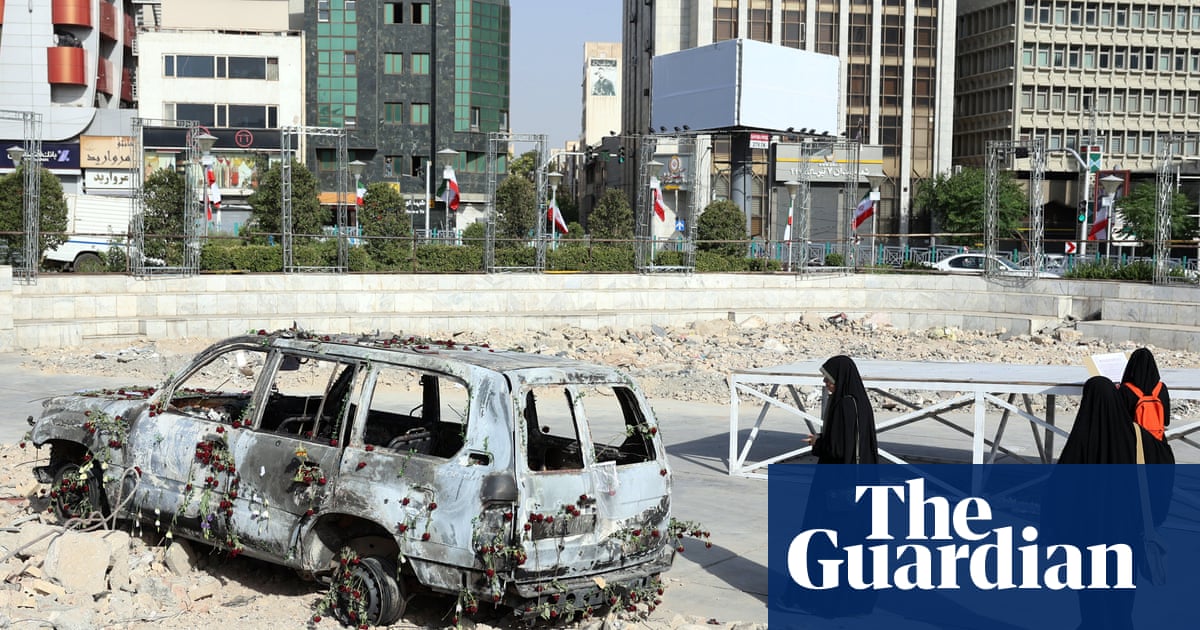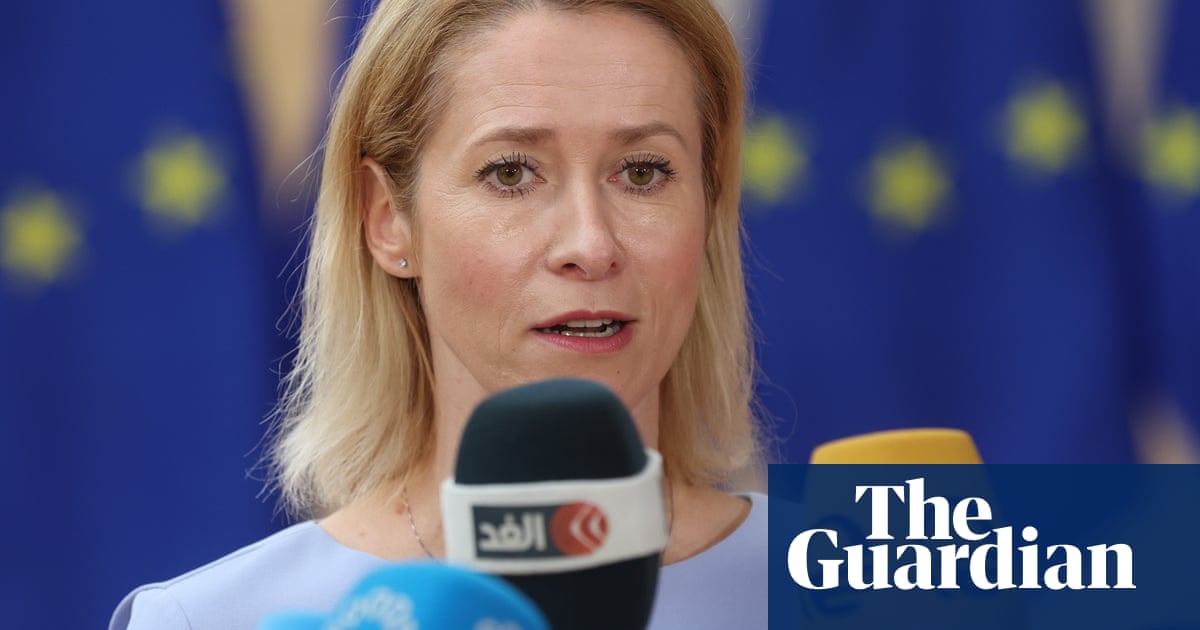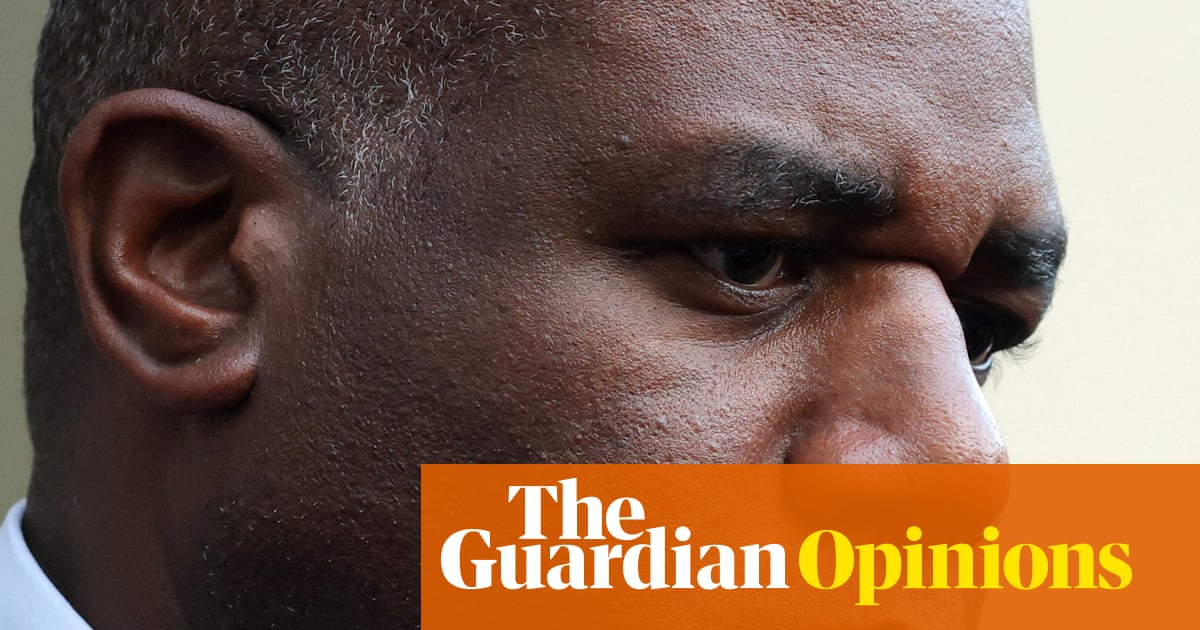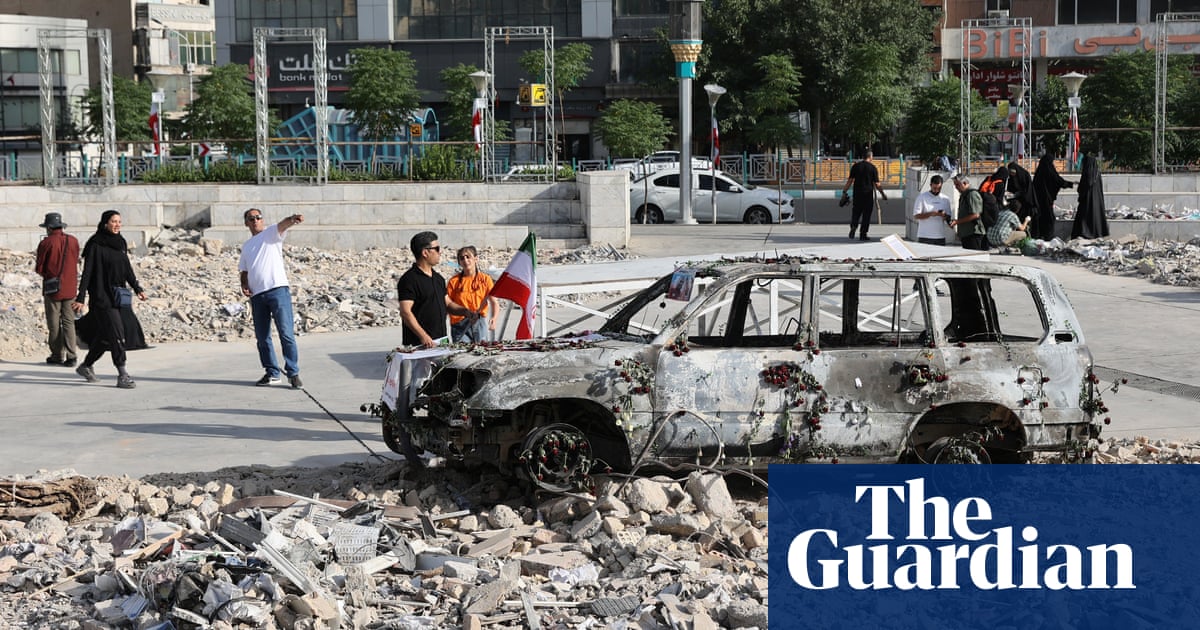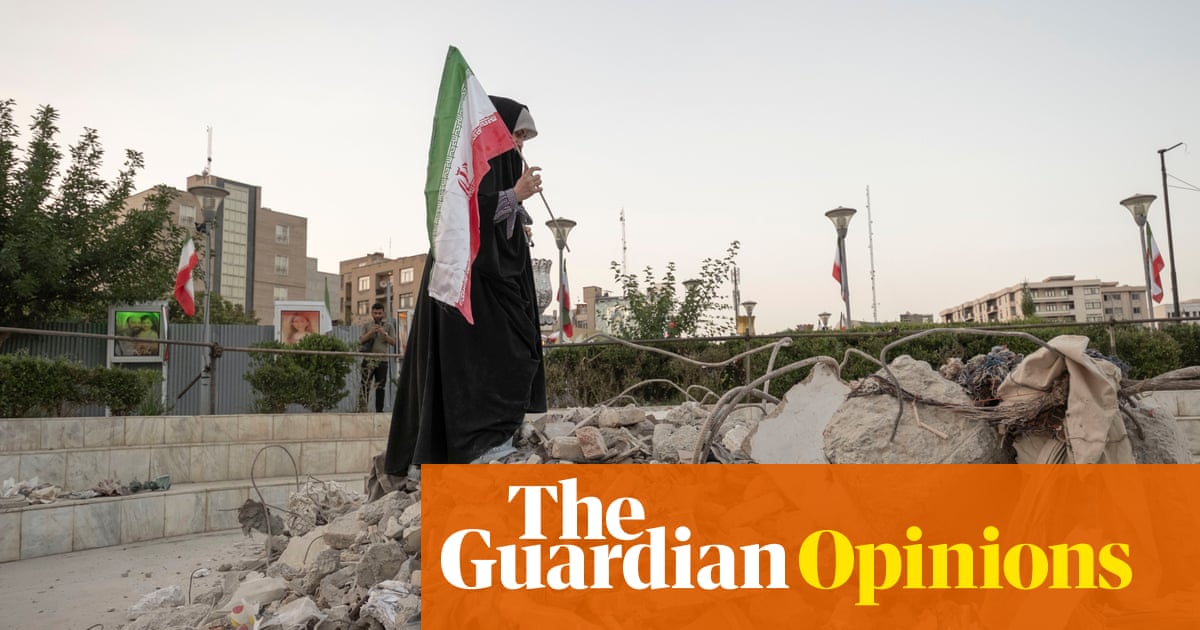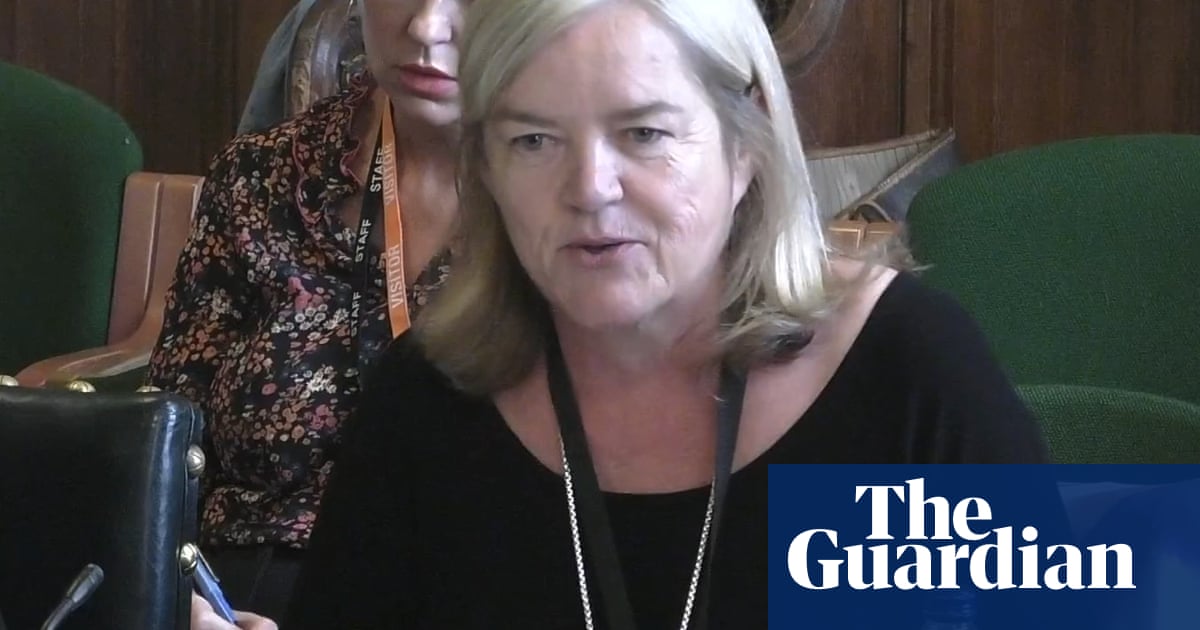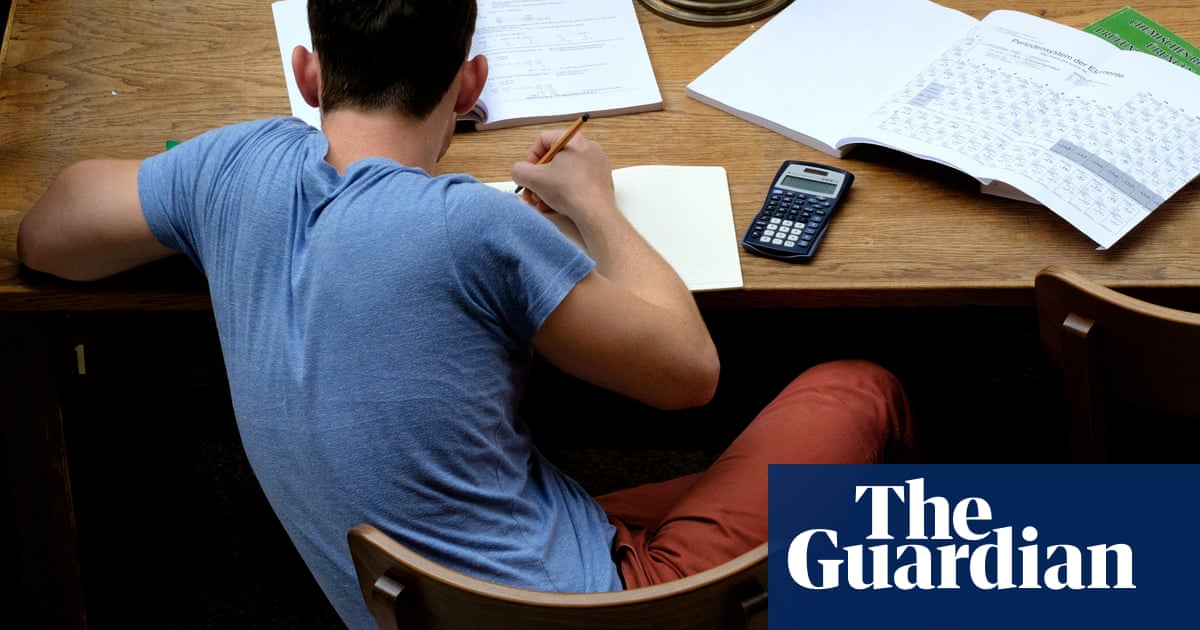Jean-Noël Barrot, France’s foreign minister, argues persuasively that the major dividing line in international affairs today “is the one that separates those that support the international rules-based order from the rest” (The key global issue is not the clash of north and south, 20 February). The order that Barrot refers to is an intricate web of international agreements and cooperative practices set in place since the second world war. The United States has claimed leadership of this order, and did contribute to its creation. Sadly, however, the US has undermined this order from the beginning and, under the Trump administration, openly seeks to destroy it.
Humanity created this order in response to painfully acquired lessons about power. We know that a competitive, “power-over” approach to world affairs creates instability and inflicts great suffering. Moreover, in a world of nuclear weapons, new technologies and ecological stresses, continued pursuit of power-over poses an existential threat to human civilisation. By contrast, the rules-based order calls for a collaborative, “power-with” approach. Using that approach, we can build global human security and nurture Earth’s interdependent life-support systems, allowing us to thrive for generations to come.
Today, the advocates of power-over can appear immensely strong. They command large armies, economies and governance structures. Yet, the future they offer will inevitably lead to human suffering and degradation. To conceal this ugliness, they resort to deceit, coercion and the distortion of facts. They foster fear, anger and hate. By contrast, the advocates of power-with offer a future based on shared values and goals that would appeal to the great majority of humanity.
Foreign minister Barrot offers us a pathway toward a world of power-with. The pathway begins by upholding the existing rules-based international order. France could provide a great service by working with other nations, and civil society globally, to build alliances that make the pathway a reality.
Paula Gutlove and Gordon Thompson
Institute for Resource and Security Studies, Cambridge, Massachusetts, US
Jean-Noël Barrot states: “In France, our moral compass is not guided by north or south, but by justice. We do not avert our eyes from any crisis or violation of international law ... Because France does not use double standards.” This statement caused me and a number of colleagues who work in international law to raise eyebrows. While I do agree with Jean-Noël Barrot that respect for international law is the source of division among states, and that double standards are a problem, it must be noted that France is part of the problem.
To give just one example, when the international criminal court issued an arrest warrant against Vladimir Putin, the president of a country that has not ratified the ICC’s Rome statute, France maintained that he should not enjoy immunity from arrest and that ICC member states have an obligation to transfer him to The Hague should he visit their territory, and was therefore critical when Mongolia failed to do so in September 2024.
Barely two months later, in November 2024, when the ICC issued an arrest warrant against Benjamin Netanyahu, who is the head of government of a country that has not ratified the Rome statue, France argued that he would enjoy immunity from arrest should he travel to France. The facts between the two are the same, and yet France proposes that the same rules should not apply. For many who work in international criminal justice and who want to see progress in this area of international law, this came as a huge disappointment.
While it is no secret that this area of international law is highly political, such double standards do not help achieve the goals of global justice and ending impunity for the commission of core crimes. Rather, they only feed criticisms that international criminal justice is a tool used by the powerful and their allies against the weak, and further add to global fragmentation.
Dr Alexandra Hofer
Assistant professor in public international law, Utrecht University, Netherlands

.png) 3 months ago
50
3 months ago
50
